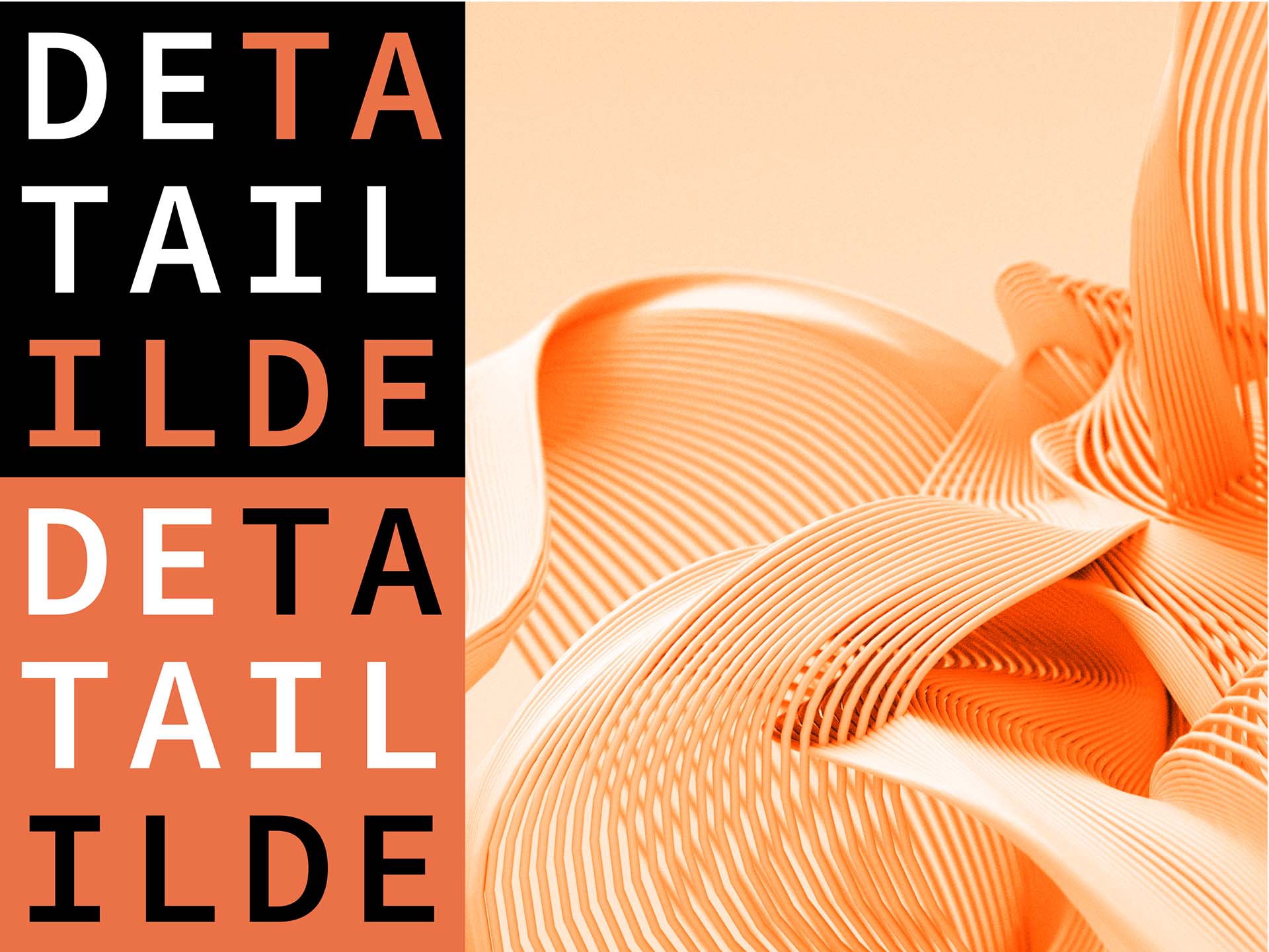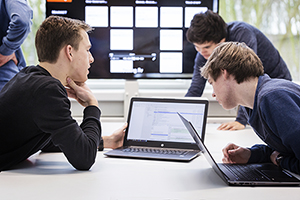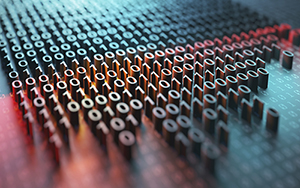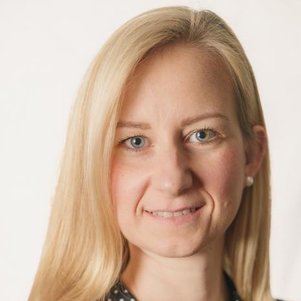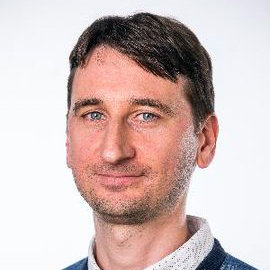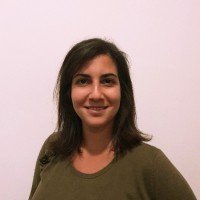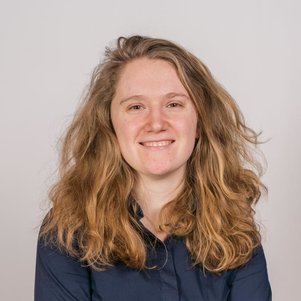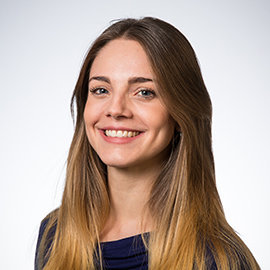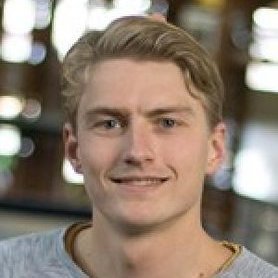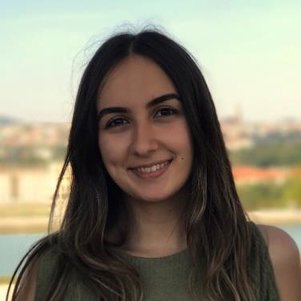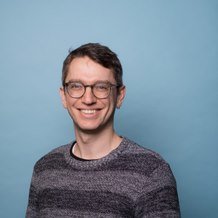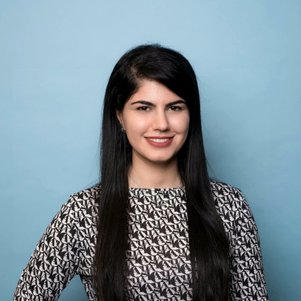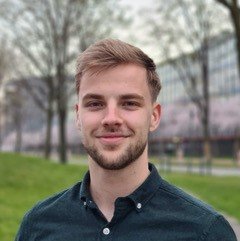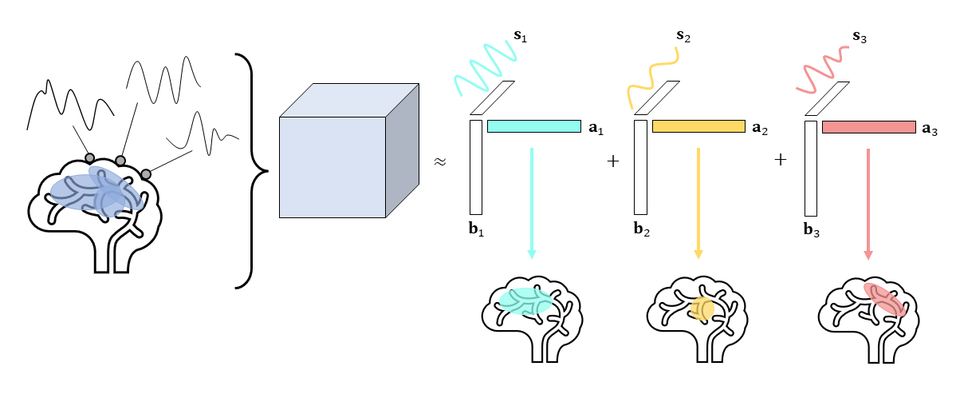DeTaiL
Training & innovation in tensor-based AI methods for biomedical signals
Undoubtedly, we live in the era of big data. Real life data - in the biomedical field and beyond - often comes high-dimensional. Current signal processing solutions artificially segment such high-dimensional data into shorter one- or two-dimensional arrays, causing information loss by destroying correlations between these data. At the same time, advances in (biomedical) sensor and imaging technology – such as substantially larger recording durations of wearable sensor technology or the unprecedented increase in spatial and temporal resolution of the latest neuroimaging techniques – have led to ever increasing data sets. Tensors (multi-dimensional arrays) are the data structure of choice in artificial intelligence research to exploit the full potential of these data in a timely manner.
Within the DeTAIL Lab, we focus on both the development of novel low-rank tensor methods and their application for biomedical signal processing, thereby enabling a much faster, and therefore more energy-sustainable, training of AI models from large datasets without any loss of accuracy.
The DeTAIL Lab is part of the TU Delft AI Labs programme.
The team
PhD's
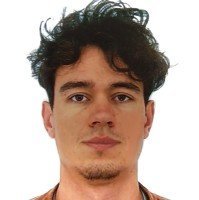
Frederiek Wesel
Faculty of ME
PhD
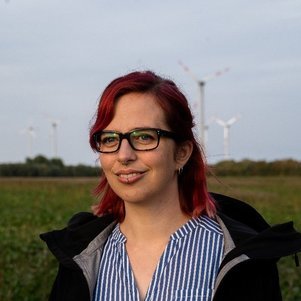
Eva Memmel
Faculty of ME
PhD
Education
Courses
2024/2025
- Tensor networks for green AI and signal processing | EE4750
- Filtering & Identification | SC42025
- Applied Convex Optimization | EE4530
- Systeem- en Regeltechniek | WB3240
2023/2024
- Tensor networks for green AI and signal processing | EE4750
- Filtering & Identification | SC42025
- Signal Processing | EE2S31
- Applied Convex Optimization | EE4530
- Systeem- en Regeltechniek | WB3240
2022/2023
- Tensor networks for green AI and signal processing | EE4750
- Filtering & Identification | SC42025
- Signal Processing | EE2S31
- Applied Convex Optimization | EE4530
- Systeem- en Regeltechniek | WB3240
2021/2022
- Filtering & Identification | SC42025
- Signal Processing | EE2S31
- Applied Convex Optimization | EE4530
- Systeem- en Regeltechniek | WB3240
2020/2021
- Filtering & Identification | SC42025
- Signal Processing | EE2S31
- Applied Convex Optimization | EE4530
- Systeem- en Regeltechniek | WB3240
2019/2020
- Filtering & Identification | SC42025
- Signal Processing | EE2S31
- Applied Convex Optimization | EE4530
- Systeem- en Regeltechniek | WB3240
Master projects
Openings
Master thesis project openings related to tensor-based biomedical signal processing will be posted at the website of B. Hunyadi at the Circuits and Systems group.
Ongoing
- EEG signal processing for Biomarkers From Auditory Event-Related Potentials, B. Hunyadi, Joos Vrijdag (2023/2024)
- Automated sleep staging using a smartwatch, B. Hunyadi, Lieke Roelofs (2023/2024)
- Energy-efficient seizure detection for wearable EEG, B. Hunyadi, Beatriz Lafuente Alcazar (2023/2024)
- compressed sensing of multi-dimensional data with tensors, K. Batselier, Aron Bevelander (2023/2024)
- Online learning of tensor-based kernel machines, K. Batselier, Daniel Salgado Varela (2023/2024)
- tensor-based Green AI for Robotics, K. Batselier, Demi Breen (2023/2024)
- tensor compressed models for efficient vision in robotics tasks, K. Batselier, Christian Vorage (2023/2024)
- Tensor based kernel machines for EEG classification, K. Batselier, Mees van Dijk (2023/2024)
- Contactless Vital Parameter Estimation, B. Hunyadi, Cheremy Pongajow (2022/2023)
Finished
- Uncertainty quantification for tensor network constrained kernel machines, K. Batselier, Rutger Smeenk (2023/2024)
- Nonnegative Robust PCA for Background and Foreground Image Decomposition, K. Batselier, Chenyang Ling (2019/2020)
- Recursive Tensor Network Bayesian Learning of Large-Scale LS-SVMs, K. Batselier, Maximilian Lucassen (2019/2020)
- Tensor Network B-splines for high-dimensional function approximation, K. Batselier, Ridvan Karagoz (2019/2020)
- Investigating brain function and anatomy through ICA-based functional ultrasound imaging, B. Hunyadi, Mado Ntekouli (2019/2020)
- Batch Bayesian Learning of Large-Scale LS-SVMs Based on Low-rank Tensor Networks, K. Batselier, Chenxu Wang (2020/2021)
- Non-Linear Bayesian System Identification of Cortical Responses Using Volterra Series, K. Batselier, Mike de Pont (2020/2021)
- Tensor-Networked Square-Root Kalman Filter for Online Video Completion, K. Batselier, Pieter van Klaveren (2020/2021)
- Decomposition, K. Batselier, Bram van Koppen (2021/2022)
- Symmetric Canonical Polyadic Decomposition And Gauss-Newton Optimizer For Nonlinear Volterra System Identification, K. Batselier, Zhehan Li (2021/2022)
- Analyzing Functional Ultrasound Images of the Brain Using Tensor Decompositions, B. Hunyadi, Arda Kaygan (2021/2022)
- Investigation of focal epilepsy using grapgh signal processing, B. Hunyadi, Gaia Zin (2021/2022)
- Differentiating Task-Based Functional Ultrasound Signals via Data-Driven Decompositions, B. Hunyadi, Maarten Enthoven (2021/2022)
- Graph Regularized Tensor Decomposition for Recommender Systems, K. Batselier, Rohan Chandrashekar (2022/2023)
- Compression of the embedding layer in an LSTM model using tensor train decomposition for NLP, K. Batselier, Aravind Jonnalagadda (2022/2023)
- All-at-once optimization for kernel machines with canonical polyadic decompositions, K. Batselier, Ewoud van Mourik (2022/2023)
- Tensor-based independent component analysis, K. Batselier, Pierre Antoine Denarie (2022/2023)
- Analyzing dynamic functional connectivity using state-space models on mice fUS data, B. Hunyadi, Ruben Wijnands (2022/2023)
- Frequency-domain estimation of the fUS hemodynamic response, B. Hunyadi, Yitong Tao (2022/2023)
- IMU-based adaptive filtering for movement artifact removal from ecg recorded with a single lead wearable device, B. Hunyadi, Cesar Cornejo Ramirez (2022/2023)
- Energy-efficient seizure detection for wearable EEG, B. Hunyadi, Xiaoning Shi (2022/2023)
- Machine Learning of Ultrasound Data: Cardiovascular Parameters Detection Using Carotid Artery Measurements, B. Hunyadi, Zhuangzhuang Yu (2022/2023)
- Comparative analysis of clutter filtering techniques on freehand micro-Doppler ultrasound imaging, B. Hunyadi, Xuan Gao (2022/2023)
- Using Tensor Decompositions To Obtain Biomarkers From Auditory Event-Related Potentials, B. Hunyadi, Kenneth Stunnenberg (2022/2023)
Partners




